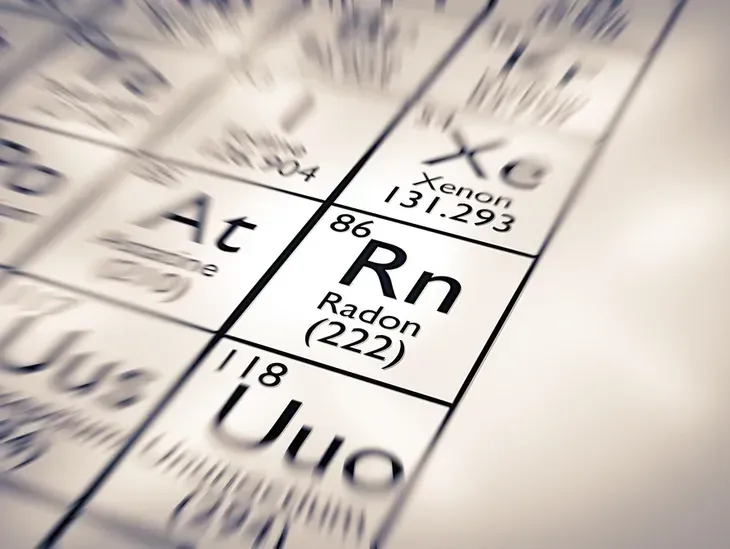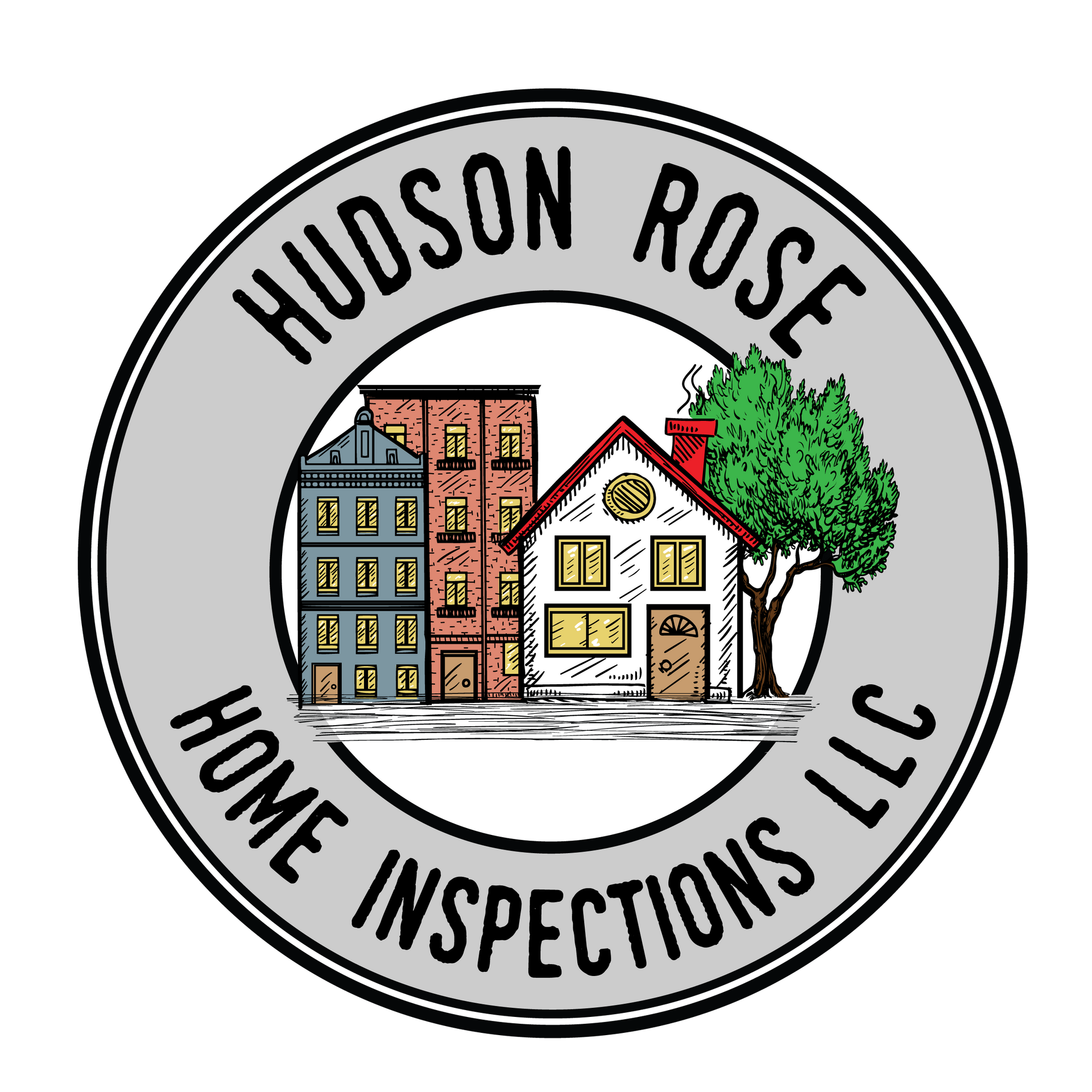Importance of Radon Testing
Why is radon testing during a home inspection important?

Testing for radon during a home inspection is important for several critical reasons:
Protecting Your Health: Radon is a colorless, odorless, and tasteless gas naturally found in soil and rocks. It enters homes through cracks, gaps, and openings in the foundation and basement. The Environmental Protection Agency (EPA) and the World Health Organization (WHO) classify radon as a health hazard because **it is the second leading cause of lung cancer in the US, even for non-smokers. Prolonged exposure to high levels of radon can significantly increase your risk of developing lung cancer.
Peace of Mind: A home inspection typically covers structural and functional aspects of the house. However, it cannot detect radon. Testing specifically for radon provides valuable information about the air quality in your potential or current home, giving you peace of mind about its safety.
Negotiation Power: If the radon test reveals elevated levels, you can use this information to negotiate the purchase price with the seller, potentially covering the cost of installing a radon mitigation system. Having knowledge about radon levels provides you with negotiating leverage and ensures you don't unknowingly purchase a health hazard.
Proactive Approach: Even if you already live in your home, radon testing is vital. Many people are unaware of radon's presence, and addressing potential problems early on can significantly reduce your risk of health complications in the future.
Legal Requirements: In some areas, radon testing may be mandatory during real estate transactions. Additionally, some insurance companies offer discounts on homeowners' insurance for homes with mitigated radon levels.
Cost-Effectiveness: Radon testing is relatively inexpensive compared to the potential costs of medical treatment for lung cancer. Early detection and mitigation are far more affordable than dealing with health issues later.
Radon testing during a home inspection is essential for protecting your health, informing important decisions, and ensuring a safe living environment for yourself and your loved ones. It's a small investment that can make a significant difference in your long-term well-being.
